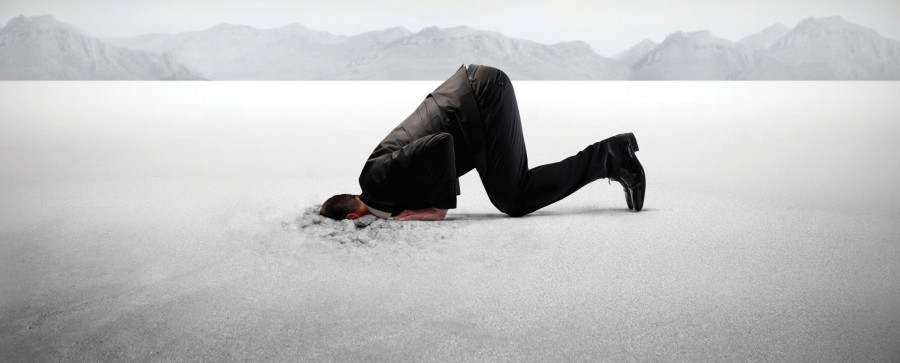
The industry still refuses to pay attention to the numbers that matter: net operating income. RevPAR is meaningless unless it flows to the bottom line, and that is not so likely now.
The black swans have landed and the party is over.
U.S. hotels’ revenue per available room in January grew 2.4%, according to STR data. Results for the week ending 13 February saw RevPAR up 0.2%* and occupancy down 3%. For months, the investors in the stock market have said hotels will get softer results, but the industry pundits at the Americas Lodging Investment Summit refused to pay attention. Although the macro situation is very different, and we are not having a financial crash and likely not a recession, the hotel industry pundits and others are acting just as they did in 2008 at ALIS—ignoring the world outside their narrow focus and ignoring the capital markets.
RevPAR is meaninglessThe industry still refuses to pay attention to the numbers that matter: net operating income. Nobody wants to talk about that, but it is the only number that really matters. Cash flow return on equity. RevPAR is meaningless unless it flows to the bottom line, and that is not happening to the same extent now.
Online-travel-agency commissions are rising. Higher minimum wage is getting more prevalent as the Democrats push their agenda. Increased regulations cause rising costs, and as occupancy declines it will be difficult, if not impossible, to raise average daily rate. It is a natural law that when occupancy declines, hoteliers lower rates, especially as more new product and Airbnb cut more deeply into market share.
The party is over. Hotel values will decline in 2016. It took eight years for inflation-adjusted NOI and values to recover to 2007 levels. That is worst performance compared to all property types and far worse than the earnings recovery of the S&P 500, and it took eight years to get back to the base line. And now values will decline as NOI decreases, lending becomes much more costly and leverage levels decline, as the regulators step up pressure on banks to reduce risk on commercial real estate.
Here are some things you can do now.
1. Contact a good broker
Get a good sense of what you can sell for quickly before things get worse. Depending on what the broker tells you, put the asset up for sale. Don’t hold out for what you wish. Try to get what the broker thinks, but settle for a bit less because the broker is undoubtedly giving you his highest guess. Selling sooner is better than holding out for a better price that is not going to come. You are already too late to hit the top. That was last year.
2. Cut costs now
Cut staff where it will not hurt revenue. Sit with your managers, and in detail go through all your expenses and find a way to cut them 10%.
3. Hold your ADR
Do not do what hoteliers always do: race to the bottom. Lower ADR is worse than less occupancy to a point. Revenue management is key.
4. Ignore appraisals
Appraisals are mostly nonsense and never really give you an accurate value. They are just a bunch of assumptions based on silly projections.
5. Reduce your debt
If you have some excess cash, keep it available to cover debt in case things get bad. If you have a maturity in the next year, get it refinanced now. The debt markets might be closed later in the year if things in the capital markets get more chaotic.
6. Be ready for unexpected events that suddenly affects occupancy
Have a plan in place if there is a terrorist attack that results in a sudden drop in business and you need to cut staff and expenses quickly, like after 9/11.
7. Market harder
Get more meetings business under contract. Look at your website and social media and update it or make it better. Guests go on the Web to find hotels, and they use social media to refer or be negative. Ask guests to comment on travel sites like TripAdvisor if you think they are happy with their stay. It matters.
Read the full article at: Hotel News Now




